Region
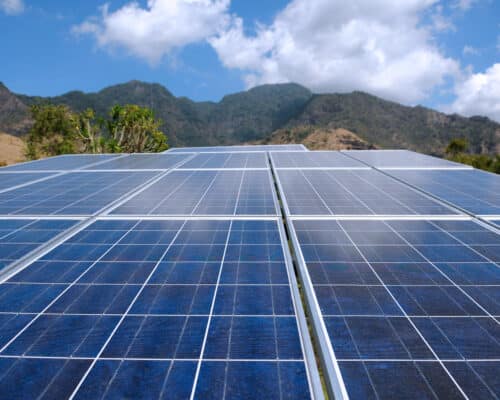
Indonesia’s RUPTL 2025-2034: New Electricity Supply Plan Misses the Mark
Indonesia’s new electricity plan signals a setback for clean energy. Increased reliance on fossil fuels and no clear plan for coal phaseout threaten both climate goals and economic growth. Despite abundant renewable resources, the country prioritises gas and coal, risking higher costs, environmental harm, and missed opportunities to lead in Southeast Asia’s clean energy transition.
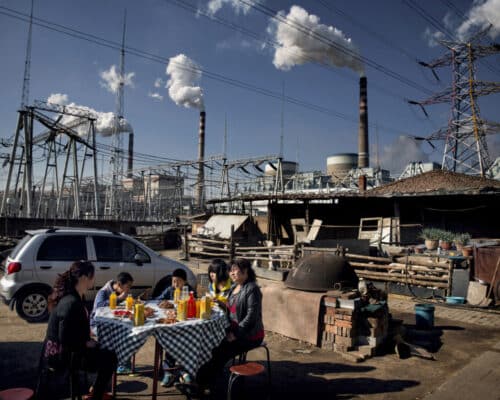
Stranded Assets Linked to MDB Finance Trigger Asia’s Economic Tailspins
Many Asian countries, including Bangladesh, face the economic fallout of investing in stranded fossil fuel assets. Despite billions spent on gas pipelines and power plants, these projects remain largely unused, highlighting the urgent need to shift towards affordable, renewable energy solutions.

The 46th ASEAN Summit Ends With Pledges For Climate Action and Plans For More Fossil Fuels
The 46th ASEAN Summit in Kuala Lumpur concluded with numerous positives for regional cooperation and strengthened connections with China and other developed Asian nations. However, it also revealed that, despite all the talk about protecting communities from the impacts of climate change, leaders are determined to continue relying on fossil fuels.
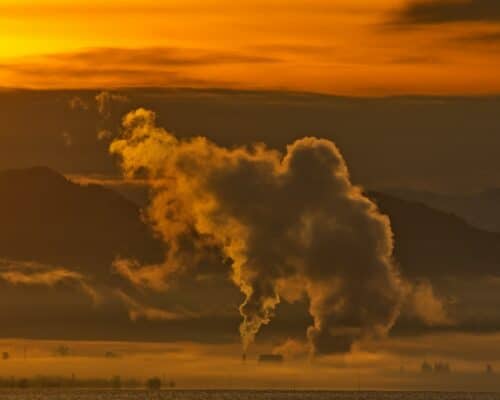
China’s CO2 Emissions Fall For the First Time
China's accelerated renewable energy deployment has allowed it to slash emissions and unlock the numerous benefits of the green energy transition, giving Southeast Asian nations a push to recognise and capitalise on the benefits of decarbonising their economies — from cost-cutting and energy security to ensuring a liveable future.
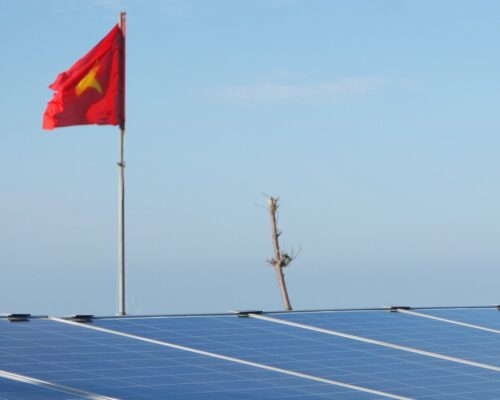
Vietnam’s Solar Energy Boom: Lighting Up the Future
Vietnam has undergone one of the largest solar booms in Asia. This boom results from favourable government policies, rapidly growing energy demand and ideal conditions for solar energy. The country's updated Power Development Plan 8 will continue this trajectory, with solar making up most of the country's energy supply by 2050.
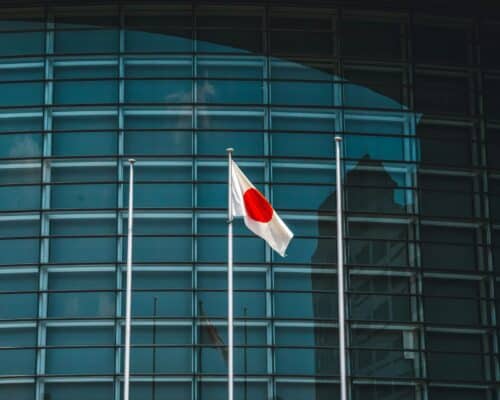
50 Years of G7: The Group’s Climate Leadership Hinges on Japan and Its Energy Policies
The processes taking place on the domestic stage in Japan, as well as its foreign energy policy, have a direct reflection on the image of the G7, which is supposed to lead the global energy transition and the efforts to minimise the impacts of climate change and protect the most vulnerable.
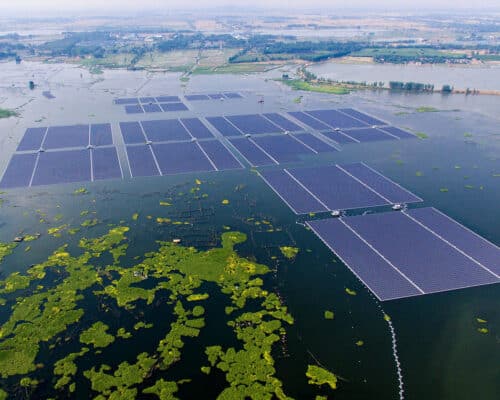
Solar Energy In Thailand: Policy Aspiration to Economic Engine
Solar energy is slated to be Thailand's largest renewable energy source in the coming years. It will be critical in driving the country's energy transition and achieving its decarbonisation goals. While growth has been steady, rapid deployment is needed over the next decade to make longer-term targets attainable.
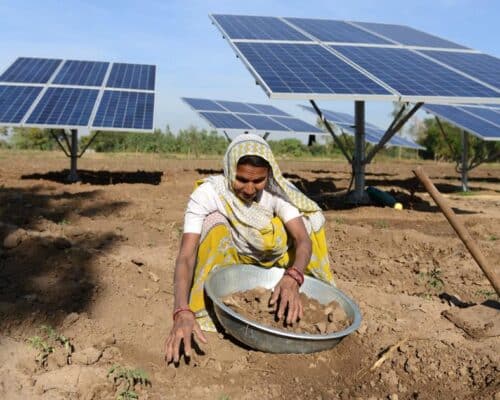
Solar Energy in India: From Potential to Power
India has the world's third-largest installed solar capacity and plans to reach 280 GW by 2030. This is supported by favourable government policies that capitalise on the country's geographic and economic position, making solar one of its most viable renewable energy sources. Meeting these goals is critical for the country's future economic, environmental and public health prosperity.

South Korea Election 2025: Key Climate Issues and What’s at Stake
South Korea lags behind other developed nations regarding the clean energy transition, while the dependence on fossil fuel imports erodes its economy's competitiveness. While the country has the resources, capabilities and ready-to-deploy solutions to change course, its path ultimately depends on political will.

Bangladesh’s Predicament Deepens as Asia Braces for Expansion of Fossil Fuel Corporations
Bangladesh’s recent energy policies reveal a troubling shift toward expanding fossil fuel projects, including open-pit coal mining and LNG imports, despite ongoing issues with energy security and high costs. These developments, driven by political and international influences, threaten to deepen reliance on outdated fossil fuels while sidelining renewable energy efforts.

China’s Oil Demand Dropped: Experts See Start of a Trend
The drop in the demand for oil-based fuels in China signals that their peak might be getting closer in what could prove a watershed moment not only for the global oil markets, but also for Asian countries that look toward China for inspiration on how to decarbonise their economies.
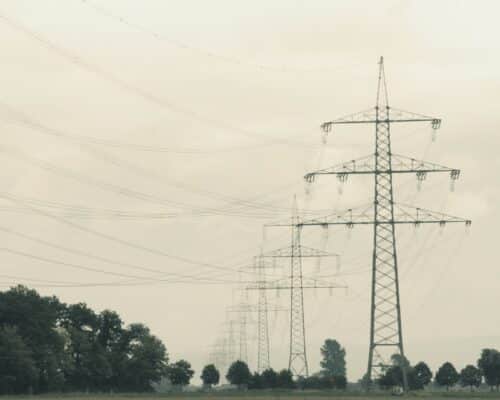
Cost-cutting Solution for Companies in the Philippines
Experts note that addressing the economic and social repercussions of the high electricity costs in the Philippines requires policy reforms that prioritise investments in renewable energy and reduce the reliance on fossil fuel imports.
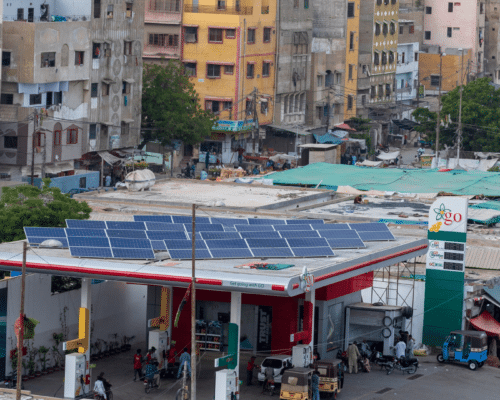
The Impact of Net Metering Changes on Pakistan’s Solar Boom
Pakistan's solar industry is seeing an unprecedented surge due to high grid energy costs and cheap solar panels. However, this has created challenges for the country's grid and raised costs for grid energy consumers. As a result, the government recently announced changes to its net metering program, which is being met with concern by solar advocates.
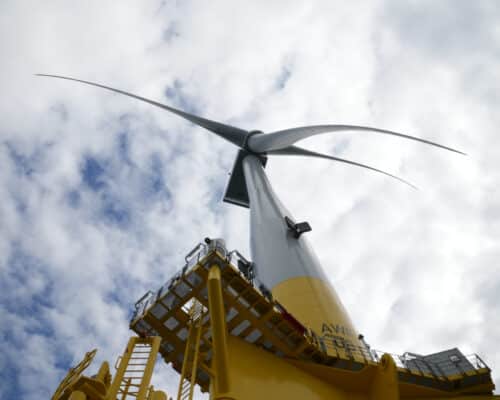
Japan’s Industrial Policy for Floating Offshore Wind
Japan is poised to harness its vast offshore wind potential by aiming for 140 GW of capacity by 2050, focusing on floating offshore turbines. Despite ambitious government reforms and private sector initiatives, challenges such as rising costs, slow permitting processes and inadequate infrastructure could hinder progress. Successfully navigating these hurdles is crucial for Japan to enhance its energy security and competitiveness in the global renewable energy landscape.
Most Popular
Categories
-
9
-
33
-
126
-
4
-
17
-
43
-
52
-
11
-
10
-
15
-
24
-
6
-
6
-
249
-
196
-
14
-
23
-
1
-
1
-
23
-
38
-
42
-
84
-
18
-
81
-
41
-
17
-
10
-
40
-
43
-
86
-
284
-
21
-
40
-
35
-
10
-
41
-
36

